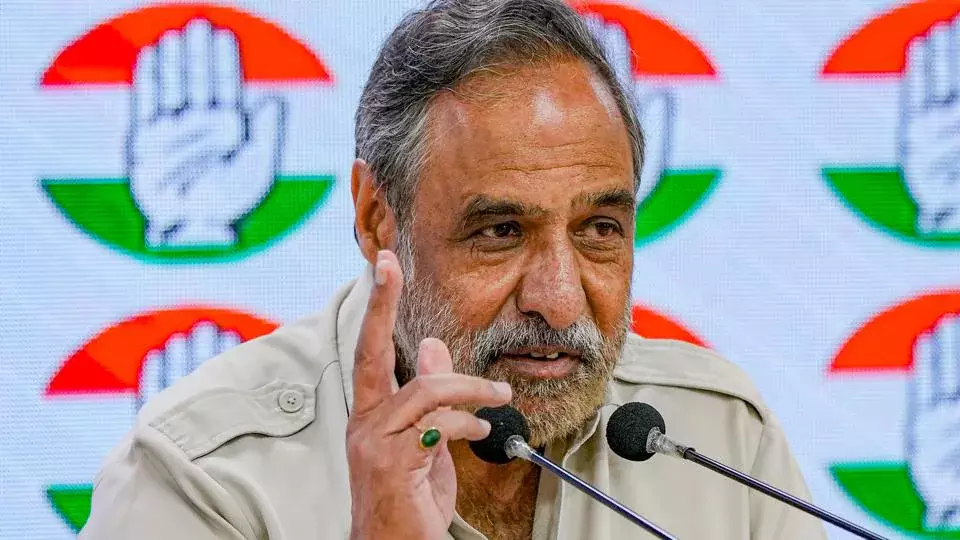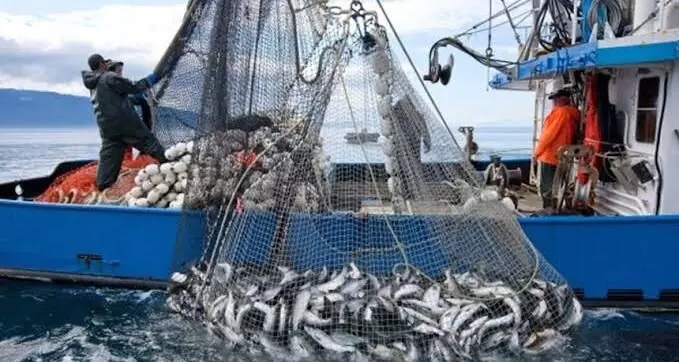
SAARC countries join hands to fight climate crisis in fisheries
text_fieldsThe South Asian Association of Regional Cooperation (SAARC) have decided to work jointly to combat the detrimental effects that the aquaculture and fishing industries are facing due to climate change.
The consultative two-day meeting was conducted by the SAARC Agriculture Centre (SAC) and included fishery scientists from Bangladesh, India, Sri Lanka, Pakistan, Bhutan and Afghanistan.
The meeting identified the impact that the aquatic and fishing industries have on climate change in the region and discussed the pressing need to implement counter-effective strategies to combat the same, including the use of climate-friendly technology as well as efficient and sustainable use of resources.
The gradual recession of aquatic catch, reduced aquaculture production, harmful effect on the aquatic ecosystem, marine life and the environment, were identified to be areas of concern that affects both the climate as well as industry stakeholders.
Multiple strategies were suggested to combat these issues. Seaweed farming and integrated multi-trophic aquaculture (IMTA) can considerably reduce the climate impact. Additionally, 'green fishing vessels' that are designed to save energy and fuel can be used to reduce carbon emissions.
However, SAC Senior Programme Specialist Grinson George noted that there still exist some scientific gaps that impediment the sustainable management of these industries. "Some possible solutions can be looked upon in satellite remote sensing, numerical modelling, stakeholder perception, prioritisation of spatial sensitivity to ecosystems and many more with right interference from the stakeholders," he said.
Prathibha Rohit, Principal Scientist, ICAR-Central Marine Fisheries Research Institute, noted that the mariculture sector in India, comprising cage farming, seaweed farming and mussel culture still require development in terms of leasing policies and hatchery development.
She added that: "Inadequate infrastructure especially in fishing harbours, cold chain and distribution system, limited scope for expansion due to overcapacities in territorial waters, deficiencies in processing and value addition, depleted stocks in inland water bodies, low adoption of technologies and shortage of skilled manpower are some of the gaps in the sector in the country."

















